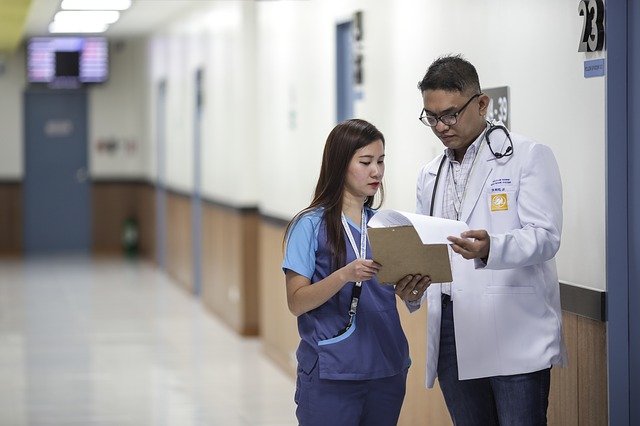All kinds of problem drinking are likely to be responsible for many people’s professional and financial struggles, including failure to meet career goals, on-the-job accidents, and more.
With so many people struggling with some form of alcohol abuse in the developed world, most professions are affected by addiction in one way or the other. But some specific professions are much more likely to experience alcohol abuse patterns. This could be due to stress, long or inconsistent hours, high-pressure environments, and in some cases underlying physical or psychological issues.
Like any other adult in the modern society, doctors and medical professionals also enjoy a drink or two. Consuming alcohol is fine, as long as it is in moderation. And the key word is moderation.

A nationwide study of substance use disorders in a large sample of physicians in the US showed that alcohol is the most commonly abused substance among physicians.
Even though alcohol use and abuse in the medical profession remains a delicate topic, a physician’s alcohol use habits and attitudes towards drinking are important because their lifestyle and behavior may be considered acceptable since they are regarded as experts in lifestyle and health. Moreover, any alcohol abuse issues of a doctor could seriously compromise their judgment needed in medical practice because their alcohol consumption and behavior could influence their attitudes and practices in screening and treating patients.
Seeking support and treatment is important when a doctor realizes their drinking habit is getting out of control.
International Doctors in Alcoholics Anonymous (IDDA)
This is a worldwide fellowship of more than 9,900 healthcare professionals and their families who strive to help one another to achieve and maintain recovery from addictions.
Membership is open to doctorate level health care providers, physician assistants, nurse practitioners, certified registered nurse anesthetists, or to those in training for these degrees.
IDAA is a CONFIDENTIAL resource available to health care providers (and their families) seeking recovery. This organization is not officially involved with government agencies or treatment providers that monitor physician recovery from addictions. It is also not directly related to local, state or national regulatory agencies. Although members may work for treatment or regulatory agencies, they pledge to keep the anonymity of other members and their families.
IDAA maintains the position that the regular Alcoholic Anonymous (AA) is the basis for their recovery programs. Available programs are adjusted to specific issues relevant for healthcare professionals that may be difficult to deal with the regular AA meetings. Many of these concerns can be explored in a safe environment at the in-person IDAA meeting or through email or web-based meetings available to their members.
The IDAA also has a confidential Help Line available to health care providers or their family members who would like to have a peer to peer to talk about alcoholism, addiction, recovery, and related concerns. They can also request help to find recovery meetings at home and when traveling. To learn more about IDAA, or to become an IDAA member, you can visit their web site: https://www.idaa.org/